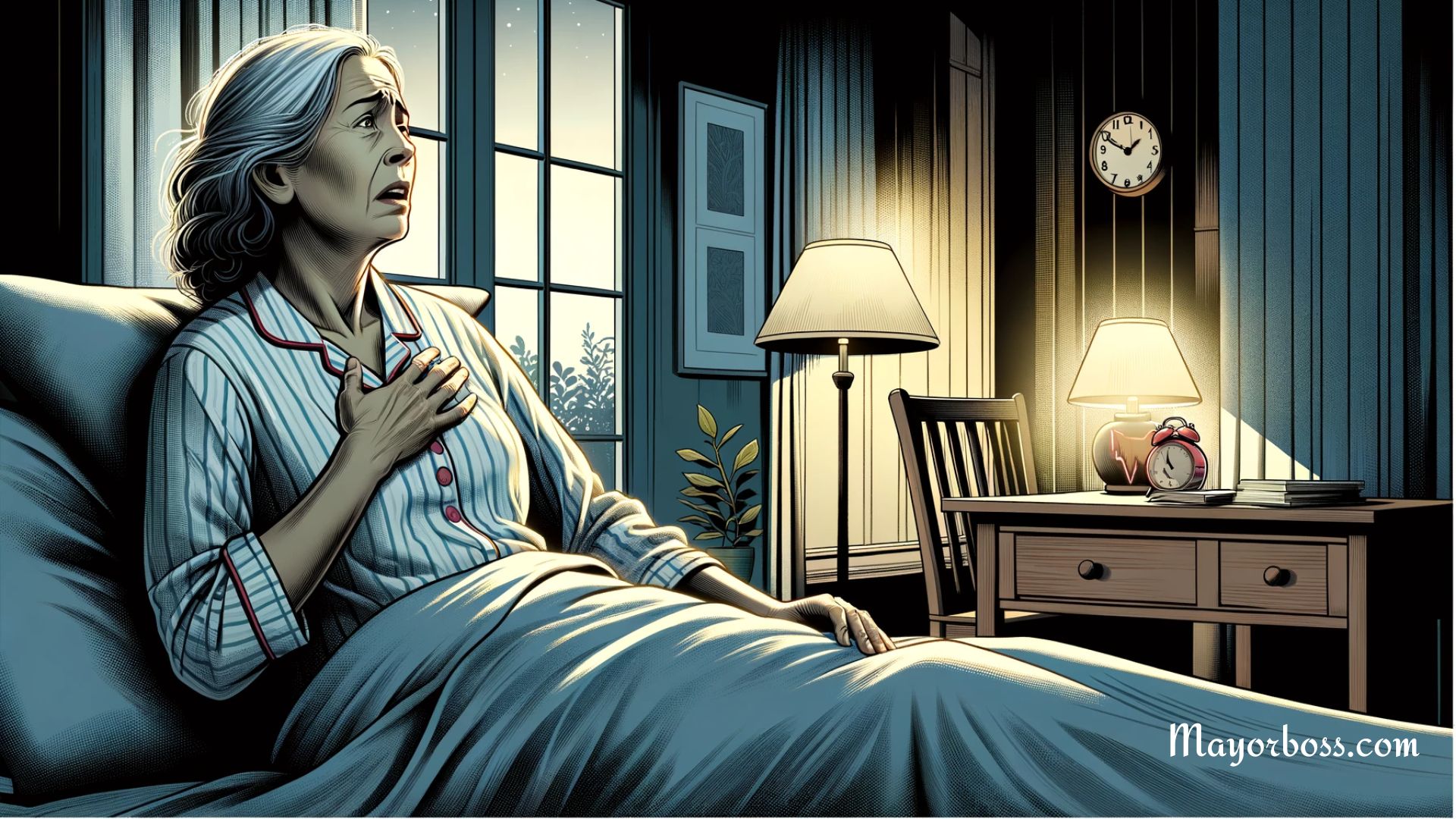Why Are Cardiac Arrests More Likely in the Early Morning?
Have you ever wondered why some health events, like cardiac arrests, seem to have a timing pattern? It’s intriguing, yet concerning, to think that our body’s internal clock might influence something as critical as heart health. So, why are cardiac arrests more likely to happen in the early morning?
The Role of the Body’s Internal Clock
Your body operates on a circadian rhythm, an internal clock that regulates sleep, wakefulness, and various physiological processes. This rhythm influences your heart rate, blood pressure, and hormone levels, which all fluctuate throughout the day.
Hormonal Fluctuations
In the early morning hours, typically between 6 AM and 12 PM, your body experiences a surge in stress hormones like cortisol and adrenaline. These hormones prepare your body for the day ahead, a process often termed the “wake-up response.”
However, this hormonal surge also increases heart rate and blood pressure, putting additional strain on your heart. For someone with underlying heart conditions, this can be a critical time.
Changes in Blood Pressure and Heart Rate
As you transition from sleep to wakefulness, your blood pressure and heart rate naturally rise. This increase is normal but can be problematic for individuals with heart disease or plaque build-up in arteries (atherosclerosis). The increased pressure can cause a plaque rupture, leading to a heart attack or cardiac arrest.
Blood Clotting
The body’s ability to form blood clots changes throughout the day. In the morning, you’re more prone to clotting. While this mechanism protects against excessive bleeding, it also raises the risk of clot formation in the heart’s arteries, potentially triggering a cardiac arrest.
Morning Activities
Your morning routine might also play a role. Rushing to get ready, skipping breakfast, taking hot showers and baths, or experiencing morning stress can increase heart strain. This may result in cardiac arrest in people with cardiovascular problems.
The Impact of Sleep Quality
Poor sleep quality can exacerbate morning risks. Conditions like sleep apnea, where breathing repeatedly stops and starts, can lead to sudden drops in blood oxygen levels and trigger a cardiac event.

What Can You Do?
Prevention Strategies
- Monitor Blood Pressure: Keep track of your blood pressure, especially if you have a history of heart issues.
- Manage Stress: Stress management techniques can mitigate the impact of cortisol and other stress hormones.
- Healthy Sleep Habits: Prioritize good sleep hygiene to reduce the risk associated with sleep disorders.
- Gradual Morning Routine: Avoid sudden, intense physical activity immediately after waking up.
Consult a Healthcare Provider
If you have concerns about your heart health or risk factors for cardiac arrest, discussing them with a healthcare professional is crucial.
Frequently Asked Questions About Morning Cardiac Arrests
- Can lifestyle changes reduce the risk of morning cardiac arrests? Yes, lifestyle changes like managing blood pressure, stress reduction, maintaining a healthy diet, and regular exercise can significantly reduce the risk.
- Can improving sleep quality reduce the risk of morning cardiac arrests? Absolutely. Good sleep helps regulate the body’s stress responses and hormonal balance, potentially reducing the strain on your heart in the early hours.
- Should people with heart conditions avoid morning exercise? Not necessarily, but it’s important to gradually ease into physical activity in the morning. Consult with a healthcare provider for advice.
Remember, while these factors can increase the likelihood of cardiac events in the morning, individual risks vary. Stay informed and proactive about your heart health!
